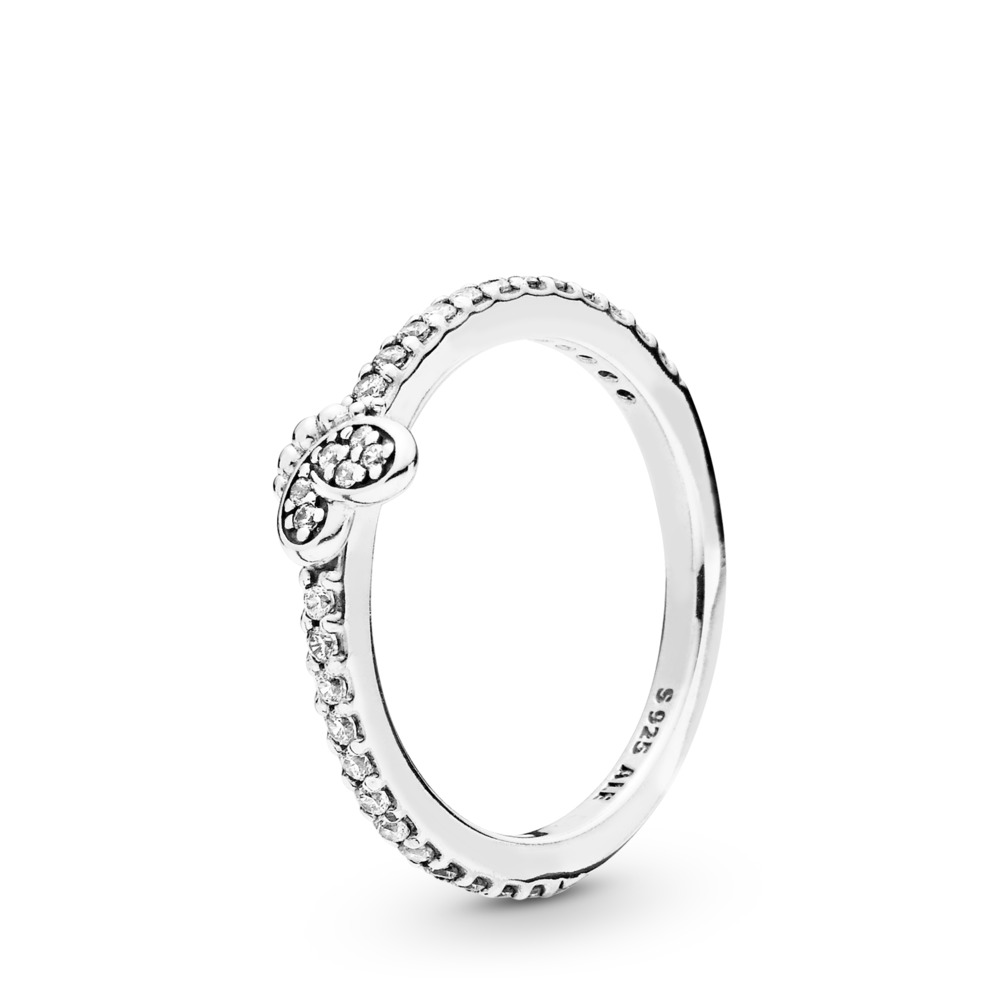

It is hard to know with any certainty exactly which stones are the most ethical since it depends on the origin and the working conditions. READ: A guide to lab grown diamonds: all you need to know about sustainable engagement rings What is the most ethical stone for an engagement ring? Plus, there's always the option of a vintage, second-hand ring from places such as Etsy. Many jewellery companies also source recycled or fair-trade gold for eco-brides and grooms. Appealing to millennials falling out of love with the real deal, the infinity motif throughout the collections introduces a more classic and timeless style into Pandora’s catalogue.WATCH: What would you do if you received an engagement ring you hated? What makes an engagement ring ethical?Įthical engagement rings are those that create a low impact on the environment and don't violate any human rights. For example, lab-created diamonds have the same physical, chemical and optical properties as mined diamonds without any of the negative environmental impact. Still at a fraction of the price of real diamonds, the items are both more affordable and sustainable. Starting from £250, the pieces don’t come cheap – but diamonds are forever and these lab-grown alternatives are made to last. These advancements from one of the biggest jewellers is a hopeful signifier of moves within the industry toward more responsible practices – and we’re here for it. With the lab-grown faction of the jewellery market increasing by 15 to 20 per cent annually, Pandora’s latest Brilliance collection solidifies the growing desire for ethical alternatives.

The verdict: Pandora brilliance collection The brand will achieve this by using technology where a hydrogen gas mixture is heated to 800C to replicate the process under the earth. Importantly, Pandora’s lab-grown stones are said to carry all the same qualities as diamonds, meaning the gems are aesthetically and physically identical to the real deal. The move is a step in the right direction, as the brand’s carbon emissions are set to be cut by two thirds for silver production and more than 99 per cent for gold. From rings and earrings to necklaces and bracelets, the pieces in the collection range from 0.25 to one carat and are set only in noble metals, including yellow gold, white gold and sterling silver. The Danish company has now revealed that it will only be using diamonds manufactured in labs going forward, as well as avoiding newly mined silver and gold in its jewellery.Īs part of this pledge, Pandora has announced its first sustainably lab-created diamonds collection, launching on 6 May with prices starting from £250. One of the first major jewellery brands to pledge changes to its business and mining practices was Pandora, when it announced last year that it plans to become entirely carbon neutral by 2025. These concerns have led to growing demand for artificial alternatives – with nearly 70 per cent of millennials and Generation Z now considering lab-grown stones.


 0 kommentar(er)
0 kommentar(er)
